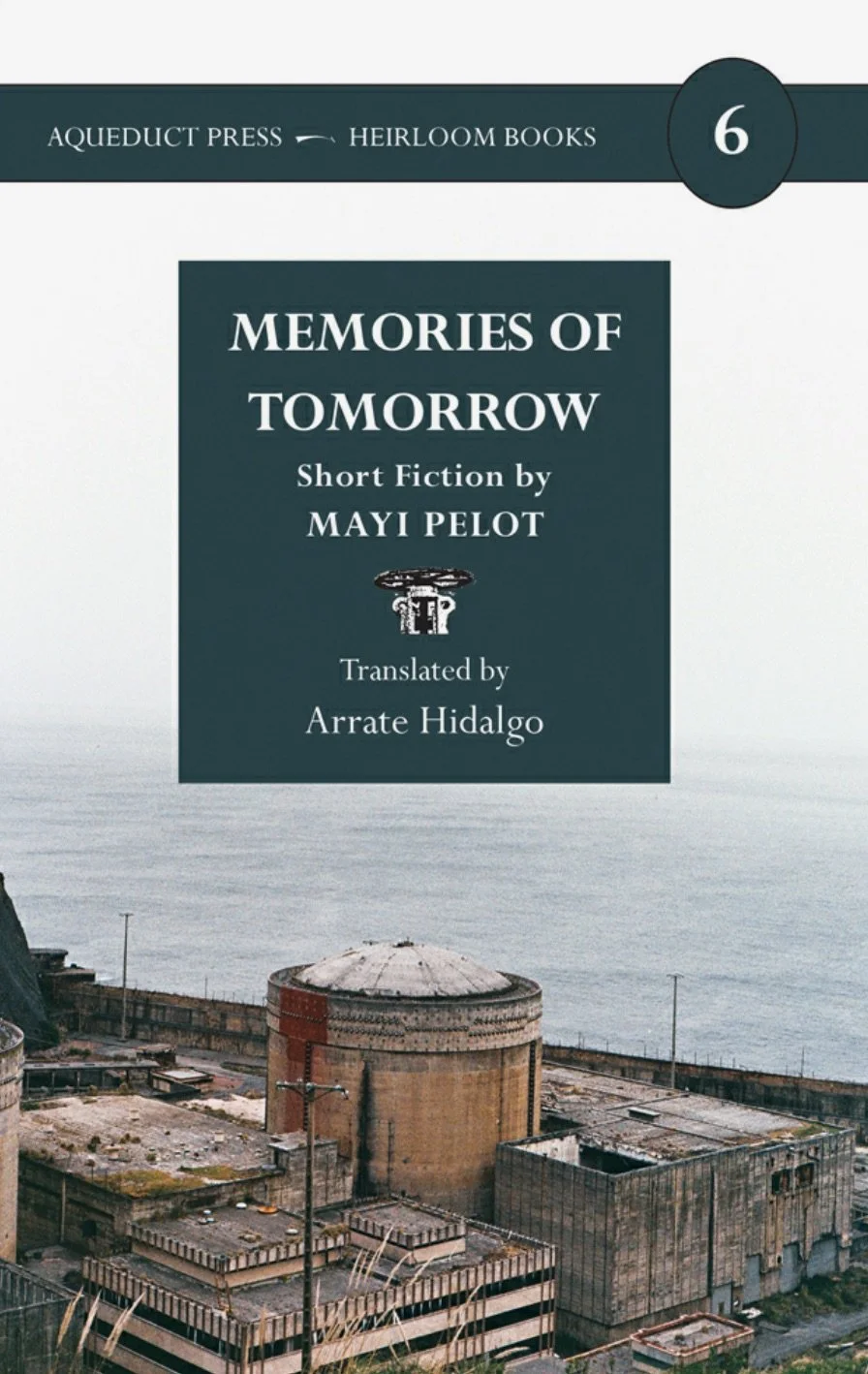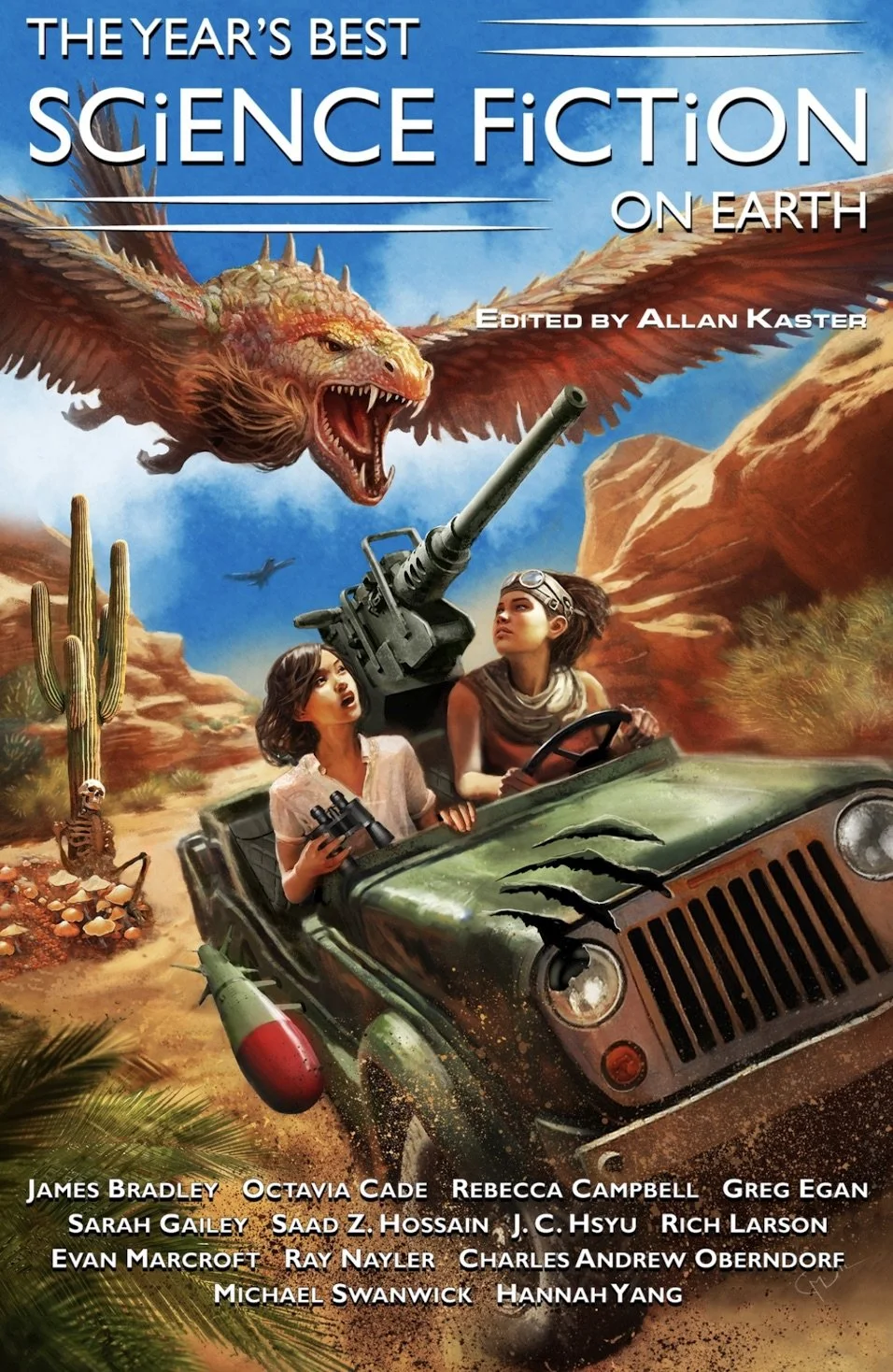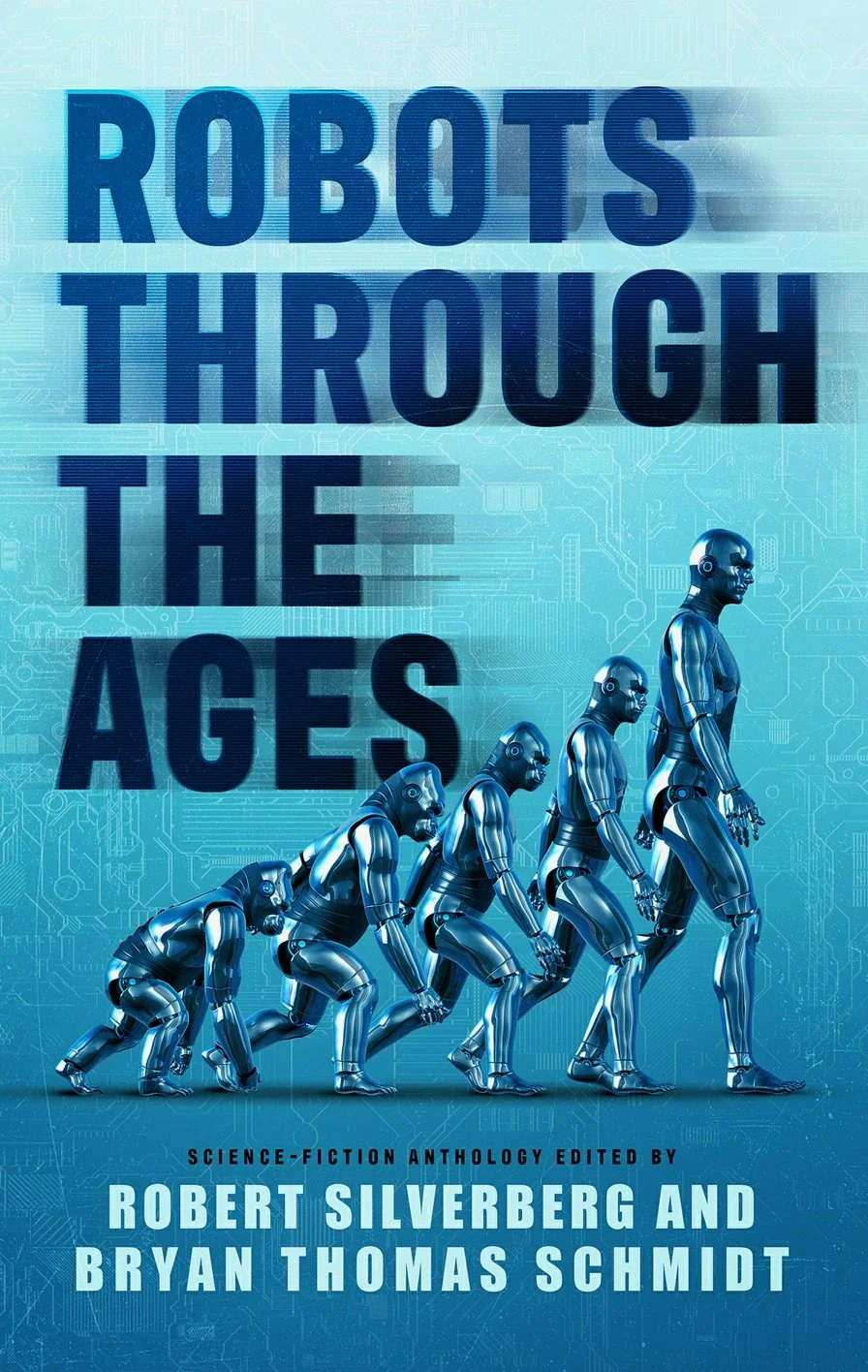Memories of Tomorrow. Short Fiction by Mayi Pelot. 1985 Translated by Arrate Hildago. 2022
MEMORIES OF TOMORROW
RATED 92% POSITIVE. STORY SCORE 4.17 OF 5
6 STORIES : 2 GREAT / 3 GOOD / 1 AVERAGE / 0 POOR / 0 DNF
I love all things Basque. The food. The wine. The country. The culture. During the year in which I fell in love with wine and it changed the trajectory of my life, I was in a small French town on edge of the Pays Basque (the French Basque Country.). More than once, I travelled to the beautiful coastal town of San Sebastián, Spain (Donostia) for the pintxos and beaches.
So when I discovered that there existed a Science Fiction author who wrote in Basque, I was excited to read it. It was very nice to see that it was pretty good work, at times becoming exceptional.
EUSKAL HERRIA (The Basque Country; Euskal = Basque, Herria = People/Land) The Basque Country is a stateless nation of over 3 million people, split between Spain and France, with the Pyrenees as a natural border. The land on the Spanish side is formed by four provinces and known as the Southern Basque Country (SBC) or “Hegoalde”; the land on the French side, on the other hand, has three provinces and is known as the Northern Basque Country (NBC) or “Iparralde.” Spanish is the main language of the SBC, and French is the main language of the NBC. Basque is spoken throughout the entire territory but in much lower numbers; also, 99% of Basque speakers are bilingual in Spanish or French.
Pelot, Mayi. Memories of Tomorrow (Heirloom Book 6) (p. 129). Aqueduct Press. Kindle Edition.
If you want more information on the Basque Country, I’d recommend you check out the exceptional “The Basque History of the World” by Mark Kurlansky.
One of the highlights of the brief book, it the time it spends on the history of Basque Science Fiction, Mayi Pelot herself, and information about the translation.
Pelot took advantage of the language’s fondness for compounding, not only to name imaginary devices, but also to provide alternatives to the many words being imported into Basque — mainly from English — for existing technology. My translation decisions around this aspect of Pelot’s work can be roughly divided into three groups, which I will briefly describe below.
The first includes existing technologies that might or might not have had their own working Basque terms at the time, such as “elevator.” Pelot uses berigan, a term she invented — as far as I know — instead of the official term, igogailu. Ber might possibly be related to behera (“down”), while igan means “to elevate” in the northern Basque dialects. Igogailu, on the other hand, literally means “device to go up,” which is what “elevator” means, of course. In those cases, I have gone for the accepted term in US English.
The second group encompasses all non-existent technology at the time of writing, such as arroltzmatiko (wheel-free, hovering individual vehicles), which I have translated as “ovamobile” (arroltz meaning “egg”); or eskutel (a small radio device that is worn on the wrist), which I have translated as “handphone” (esku meaning “hand”). In these cases, Pelot’s neologisms have given me the chance to create my own in English.
And finally we have some very special examples of technology that already existed in the 1980s, in fields where the lingua franca was and is English — most notoriously computer science. In these cases, Pelot apparently decided to come up with Basque terms and concepts to replace the global English term. One renaming I really enjoyed was a computer button called lot/buka, which, after some head-banging, I figured could well refer to the on/off button. Lotu means to link, to connect, to tie up. Bukatu, on the other hand, means to end, to finish, kill, or break. While I could have gone for “on/off,” which would have been accurate enough, I believed that it missed transmitting Pelot’s way of thinking in her construction of language. Therefore, you will find it as “Link/Break” in the text.
Arrate Hildago. from the Translation Note.
Two of the six stories were good enough to include in The All Time Great List:
Miren • 1985 • short story by Mayi Pelot. A brilliant and very short story of a woman making her way through a science fictional world of technological wonder to a destiny of her own choosing.
Choppy Water • 1985 • short story by Mayi Pelot. A rich and immersive fictional world where people slide down water channels instead of roads. A story of a fugitive and a local girl who fall in love through their resistance of oppressive powers. Loose analogy to the struggles of the Basque people. Full of really cool ideas and poetically written. Shades of the story “Hothouse” and the film “Avatar.”
MEMORIES OF TOMORROW
6 STORIES : 2 GREAT / 3 GOOD / 1 AVERAGE / 0 POOR / 0 DNF
Miren • 1985 • short story by Mayi Pelot
Great. A brilliant and very short story of a woman making her way through a science fictional world of technological wonder to a destiny of her own choosing.
Row, Row • 1985 • short story by Mayi Pelot
Good. Heartbreaking story of a young girl seeing the sea for the first time and understanding all that she has lost.
Feedback • 1985 • short story by Mayi Pelot
Average. Not quite a story, but a vignette about the build up for war in a modern Islamic Spain colonized by Iran after World War 3.
The Digital Maze • 1985 • novelette by Mayi Pelot
Good. A Basque woman leaves New York to return to the Basque Country. Her job will be to sell the local community on a giant dome project being constructed by a large corporation.
Choppy Water • 1985 • short story by Mayi Pelot
Great. A rich and immersive fictional world where people slide down water channels instead of roads. A story of a fugitive and a local girl who fall in love through their resistance of oppressive powers. Loose analogy to the struggles of the Basque people. Full of really cool ideas and poetically written. Shades of the story “Hothouse” and the film “Avatar.”
The Exchange • 1985 • novelette by Mayi Pelot
Good. A far future fable where a man of immense power, status, and wealth is infatuated with messages he receives from a distance world. Once there he engages mentally, romantically, and weirdly sexually with the woman (?) who is there.


